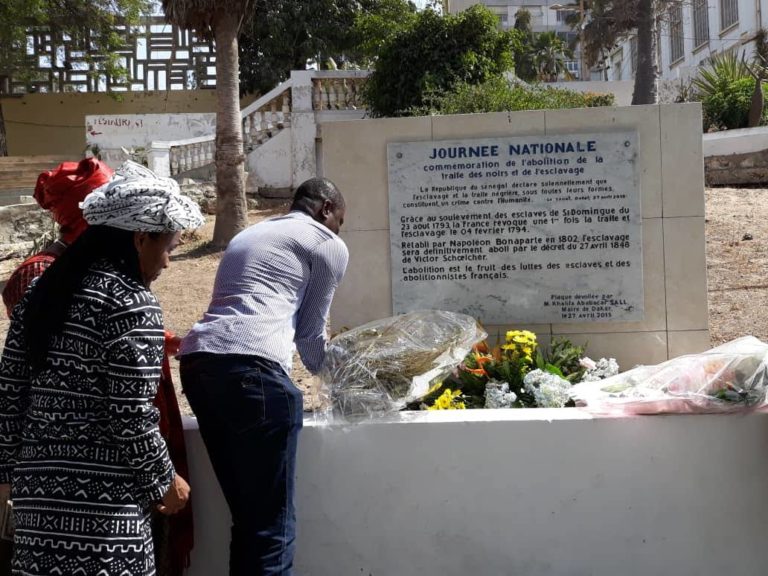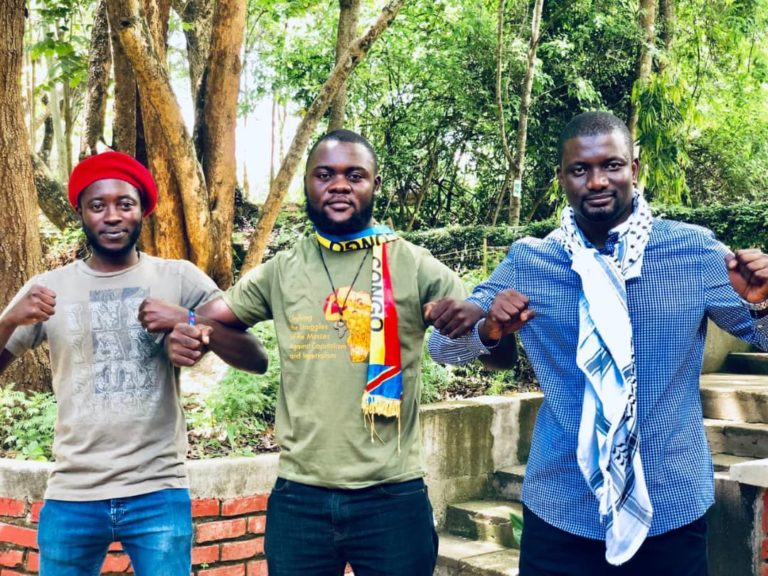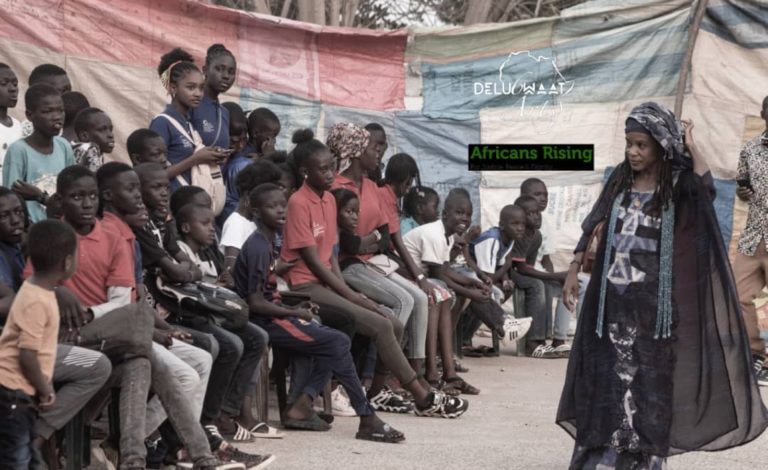Kenya Stands to Gain from its Bold Step towards a Borderless Africa
By Anne Rose Osamba – Africans Rising
Kenya announced the removal of electronic travel authorization (ETA) fee early this year. The decision to champion visa-free movement is more than a policy shift it’s a statement of Pan-African solidarity and economic vision for the country. Previously all visitors including infants travelling to Kenya were required to have an approved Electronic authorization at the start of their journey 1 except members of the East Africa communities.
This comes at the right time especially because Africans Rising has been on the forefront calling for the ratification of the African Free Movement Protocol and removal of visa restrictions through the flagship campaign #BorderlessAfrica. Through a petition that was issued may 23rd 2024 by Africans Rising members to the Kenyan Government calling for open visa and the launch of the borderless Africa Club this year in Nairobi, these continued efforts across Africa and diaspora work towards a borderless Africa demonstrating the commitment of Africans Rising movement to the ratification of the free movement protocol. (FMP 2018)
This move was welcomed by both Kenyans and Africans at large and seen as a key catalyst for intra-Africa tourism in the country. But this decision is more than tourism; it’s a political statement that demonstrates the growing acceptance of the Borderless Africa agenda. The move to include Afro-Caribbean countries in the visa exempt list symbolizes the acknowledgment of intention to repair what was taken away; it’s the first step to reparative justice that the people of African and African decent are calling for.
For too long, Africans have faced more barriers traveling within the continent than to destinations outside it. Visa costs, complex entry requirements, and restrictive policies have fractured our unity and suppressed our potential. It is easier for an African citizen to fly to Europe than to visit a neighboring African country. Why? This contradiction undermines the Pan-African spirit that inspired independence movements and continues to fuel our collective struggle for dignity.
By scrapping the ETA fee, Kenya has joined similar efforts in other countries like Rwanda, Benin, and The Gambia that have embraced openness as a path to integration. Rwanda, for instance, recorded a 24% increase in arrivals after opening its borders to all Africans in 2013. Similarly, ECOWAS’ free movement framework has made West Africa a model for regional interconnectedness. Kenya’s move signals to the continent that East Africa, too, is ready to deepen unity.
A Major Boost in the Tourism Sector:
According to the Ministry of Tourism, the sector already contributes about 10% of Kenya’s GDP. An ease in the process of entry will attract more visitors, investors amongst other diverse groups that come to Kenya. Nairobi, which already poses as the Silicon Savannah of Africa, usually attracts investments due to the technological muscle and even stands to gain more in both intra–Africa and international tourism and trade.
Trade and Economic Prosperity: Lessons from the AFCFTA:
Under the AFCFTA Guided Trade Initiative (GTI), since 2022, Kenya has been exporting Tea, Battery and textile in African countries. This initiative alone has given Kenya access to at least 1.4 Billion people in Africa. Borrowing from these lessons, the FMP gives Kenya, as a country to further expand this in terms of Human capital and people to people connections including cultural exchange.
For example, Kenya is the largest producer of tea in Africa and the second largest in the world after China. In 2023, the country exported about $1.37 billion worth of tea. Out of this, only $290 million worth was exported to other African countries. At the same time, the whole of Africa imported about $1.2 billion worth of tea in the same year, according to the Observatory of Economic Complexity. This means that a huge chunk of Africa’s tea imports come from outside the continent. Egypt the largest importer in Africa does get a lot of its tea from Kenya but that is roughly it. The next largest importer, Morocco gets majority of its tea from China, same with the next 5 largest importers Ghana, Libya, Senegal, Algeria and Mauritania.
Given these current realities, we cannot escape the question; why do African countries prefer to import their tea from China when Kenya produces so much tea? The answer is obvious. We have poor integration of our markets and the logistics of intra-Africa trade are far more difficult than trading with external partners. In other words, it is almost always easier to move goods from outside the continent to an African country than it is to move goods between two African countries. The case for tea reflects the general low level of intra-African trade, which stands and has stagnated at a measly 16% for the past few years compared to about 60% intra-regional trade within the European Union. This is both a trade and mobility issue. Getting rid of the artificial borders and mobility restrictions will increase intra-African Trade.
A Real Step to Regional Integration:
The aspect of regional integration is the major win in the move by Kenya to remove the visa. This not only brings in lived realities and people to people connections but also solidifies regional integration and abolition of colonial borders.
The Borderless Africa campaign is about building one people, sharing diverse cultures and integrating. This has already been established in EAC, ECOWAS and other Regional economic communities. The FMP 2018 compliments these efforts and Kenya’s role in leading by example in regional integration is very critical.
The Road Ahead
The challenge now is implementation. Infrastructure bottlenecks, non-tariff barriers, and bureaucratic delays must be dismantled for this to work. Similarly, political will is needed for the FMP to be ratified and domesticated by more countries.
Kenya has the opportunity to lead by example ensuring that African integration is not just a dream on paper, but a reality in markets, classrooms, workplaces, and communities across the continent.
Amandla!






